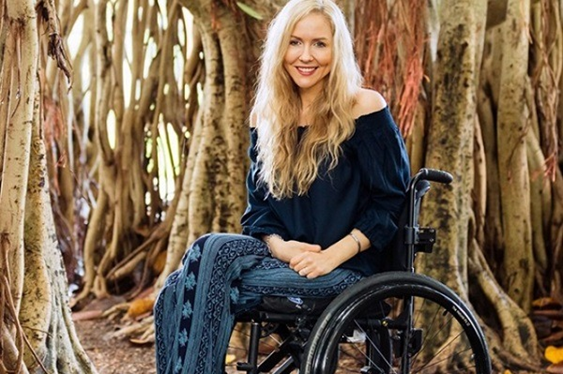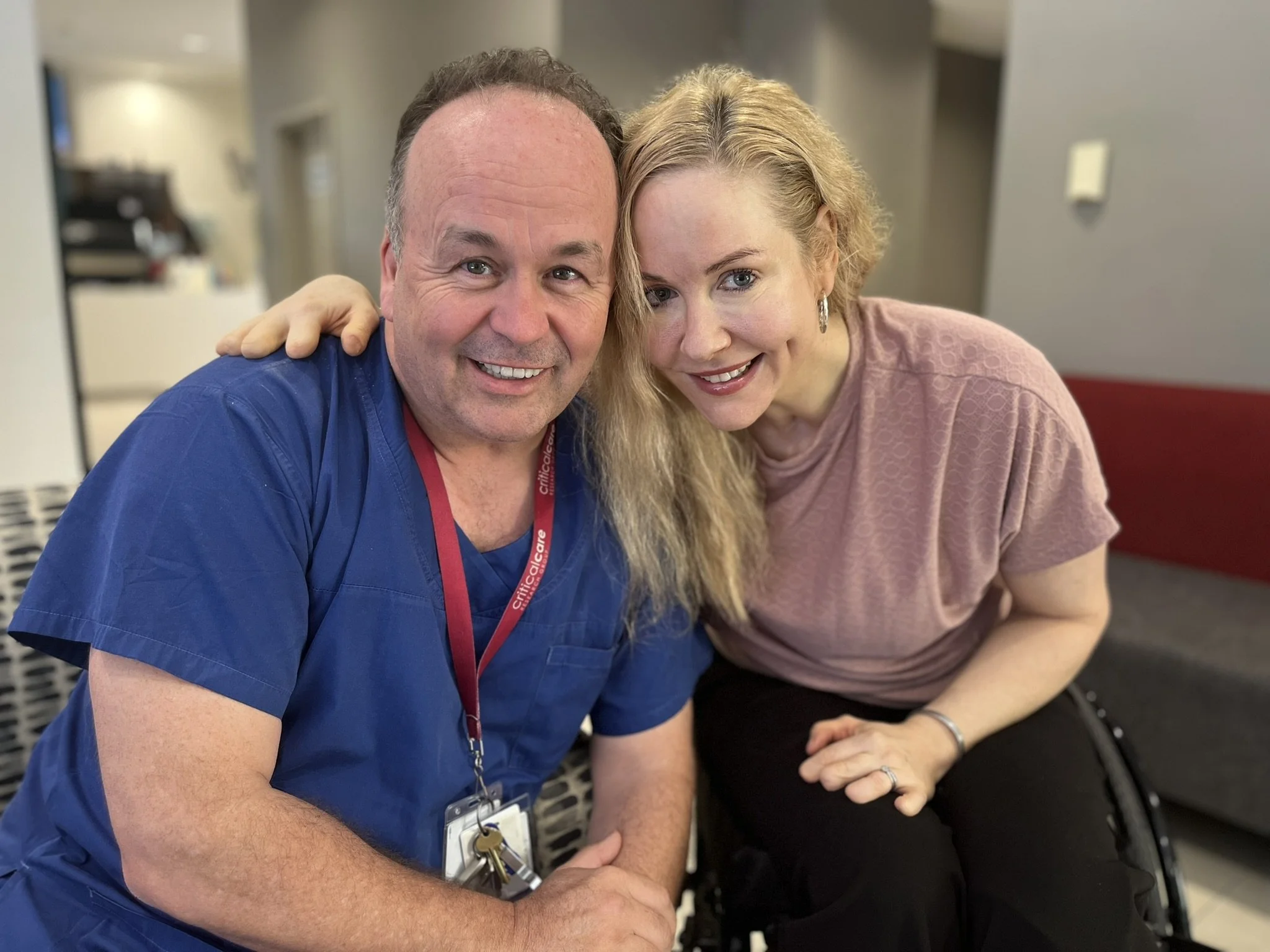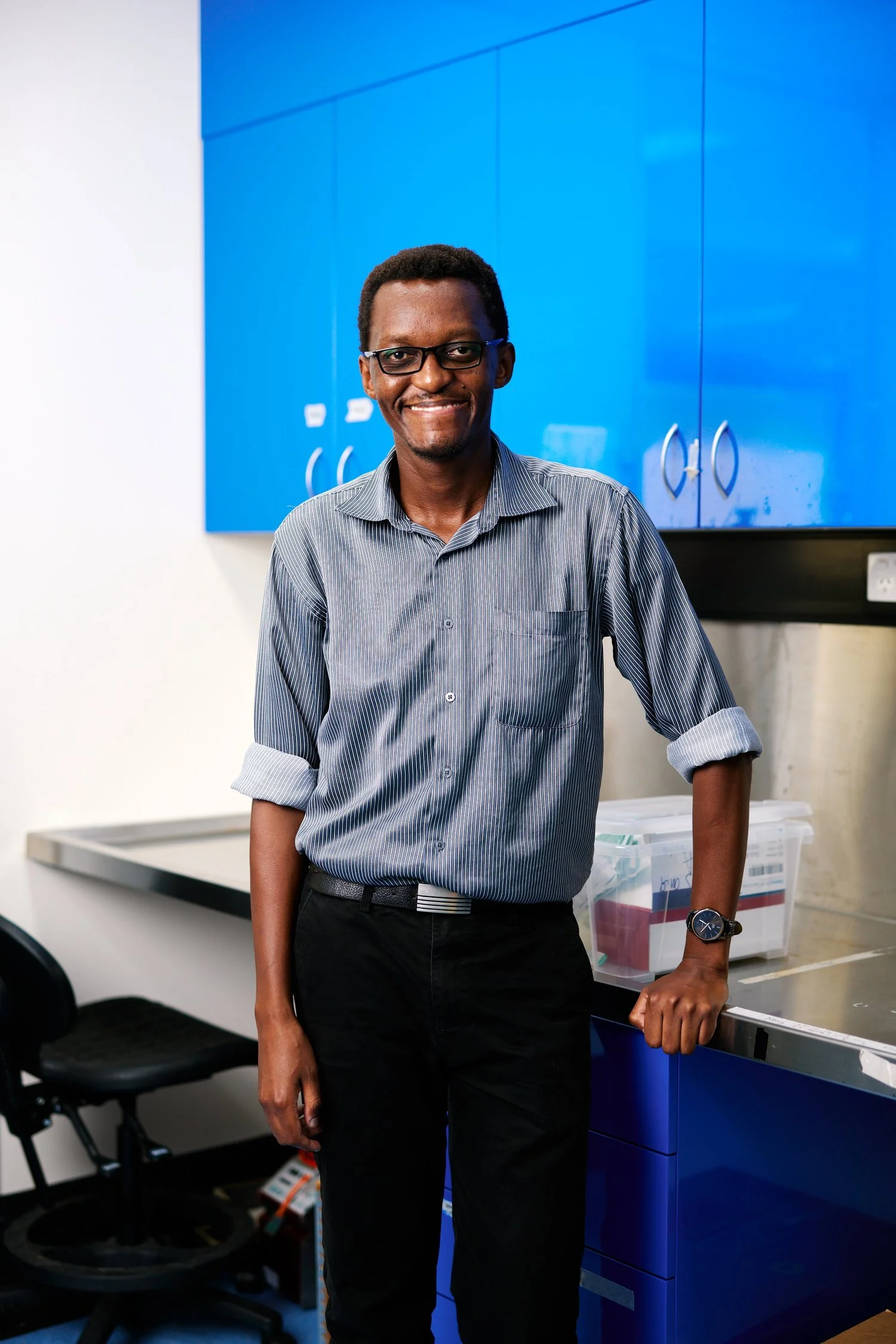Can you help us improve sepsis outcomes?
This World Sepsis Day, 13 September, we’re asking for your support to help us improve outcomes of patients with sepsis.
Sepsis kills at least 11 million people every year – 1 person every 2.8 seconds globally.
Once associated only with low-income settings, sepsis kills more people in Australia each year than road vehicle accidents, breast cancer and prostate cancer combined.
Sepsis arises when the body’s response to an infection injures its own tissues and organs. It may lead to shock, multi-organ failure, and death – especially if not recognised early and treated promptly. Sepsis is the final common pathway to death from most infectious diseases worldwide, including viral infections such as COVID-19.
While education campaigns have increased our awareness of the disease, the way we treat it hasn’t dramatically changed or improved in more than 40 years.
At just 24 years old, Lisa Cox OAM suffered a catastrophic stroke, later contracting sepsis, which stole her left leg, nine finger tips, and almost her life.
Meet Lisa Cox OAM
Lisa works to tackle modern challenges facing humankind to create a just, inclusive and equitable future for those living with disability. Lisa has also taken on multiple disability advocacy roles, a TEDx Speaker, and a member of the Diversity and Inclusion Taskforce for the Advertising Council of Australia.
And she survived sepsis.
In 2005, Lisa was living the dream, forging a successful career in advertising. It was while waiting at Tullamarine airport for a flight to visit family in Queensland that she collapsed.
She had a brain haemorrhage and was rushed to ICU at The Prince Charles Hospital where she was cared for a team including CCRG’s Professor John Fraser.
“I was on the tarmac with her dad Bruce when the air ambulance landed all those years ago. It wasn’t long before we realised she’s a fighter,” recalls John.
Lisa and John reconnected earlier this year when they were both named in the Australia Day Honours List - Lisa for her service to people with disability and John for service to medicine and global research.
“I discovered John was being honoured in the Australia Day Honours List at the same time I was and I thought he probably won’t remember me,” she says smiling.
“There were all sorts of emotions” recalls Lisa on meeting John more than 20 years after he helped save her life.
“We chatted for over an hour. How do you thank someone for the gift of a life I love?”
“Seeing Lisa not just surviving, but thriving, that’s what I signed up for all those years ago. As an ICU Professor, sadly, it doesn’t always have a happy ending,” says John.
Together with collaborators from across Australia and globally, CCRG’s Dr Nchafatso Obonyo is leading new research to investigate if blood pressure medicine can help protect vital organs from septic shock by narrowing the blood vessels.
This approach is a total paradigm shift to current understanding of sepsis and how patients are treated in the critical ‘golden hour’ after the devasting disease has been diagnosed.
“There is quite a lot of work we need to do but unfortunately, we’ve hit a roadblock on our path to clinical trials due to lack of funding.
“Today’s research is tomorrow’s treatment, and we’ve been working for more than a decade to ensure a brighter future for patients who develop sepsis.
“I’m confident the next big innovation in the way we treat this disease is within reach, we just need help to cross the finish line,” said Dr Obonyo.
Click here to read more about this research.
You can support CCRG and researchers like Dr Obonyo via the link below.



